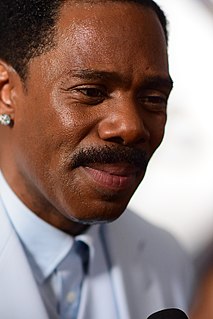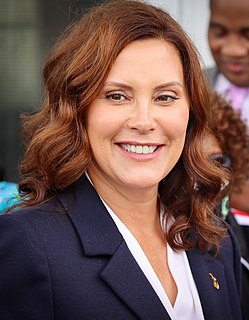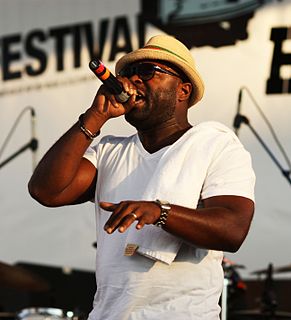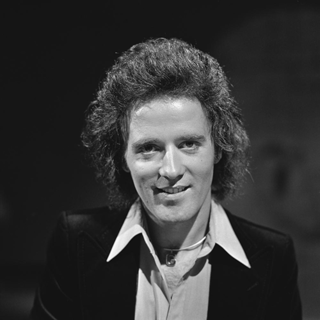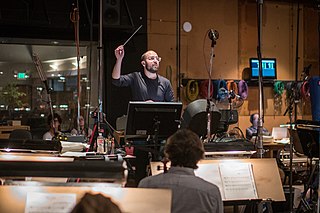A Quote by Jonathan Santlofer
The problem of making artists talk about their work is that when they're making their work the left-brain is shut off. So if you talk to an artist about it, you're talking to someone who wasn't there. It's hopeless. And also it's insulting. It's implying that the work is not an adequate account of itself. To me, the greatest artists are almost entirely non-verbal.
Related Quotes
I have a general feeling that writers and artists who are in this peculiar situation, of being a persecuted artist, all anyone ever asks about is the persecution. It may well be that's the last thing in the world they want to talk about. There were many years in which every journalist in the world wanted to talk to me, but nobody wanted to talk to me about my work. That felt deeply frustrating because I felt there was an attempt to stifle me as an artist. The best revenge I could have was to write.
I hired a publicist once I got cast in 'Passing Strange,' and one of the first conversations we had was about how I wanted to handle talking about my sexuality. I said, 'It's never been an issue for me. I want to talk about my work, but if something about myself relates to my work, of course I'll talk about it.'
Artists talk about art in sort of straightforward terms, more like the way you talk about plumbing fixtures. Does it function well? Does it bring the hot water up from the cellar efficiently, or does it lose too much thermodynamic energy in the process? Artists are also very ruthless with each other and can be very brutal in evaluating each other's work because their criteria is almost more mechanistic. Does it do what it's supposed to be doing in an efficient way? That doesn't mean that intention is not part of the conversation, but it's not the foreground.
What makes someone an artist? I don't think is has anything to do with a paintbrush. There are painters who follow the numbers, or paint billboards, or work in a small village in China, painting reproductions. These folks, while swell people, aren't artists. On the other hand, Charlie Chaplin was an artist, beyond a doubt. So is Jonathan Ive, who designed the iPod. You can be an artist who works with oil paints or marble, sure. But there are artists who work with numbers, business models, and customer conversations. Art is about intent and communication, not substances.
A work of art does not need an explanation. The work has to speak for itself. The work may be subject to many interpretations, but only one was in the mind of the artist. Some artists say to make the work readable for the public is an artist’s responsibility, but I don’t agree with that. The only responsibility to be absolutely truthful to the self. My work disturbs people and nobody wants to be disturbed They are not fully aware of the effect my work has on them, but they know it is disturbing.
I love artists making cool music, regardless of the style.So, if a country artist making really cool music came along and asked me to work with them, I just might say yes, even though I'm not super-knowledgeable about country, like I am about hip-hop. I might do that because the idea is so interesting.






